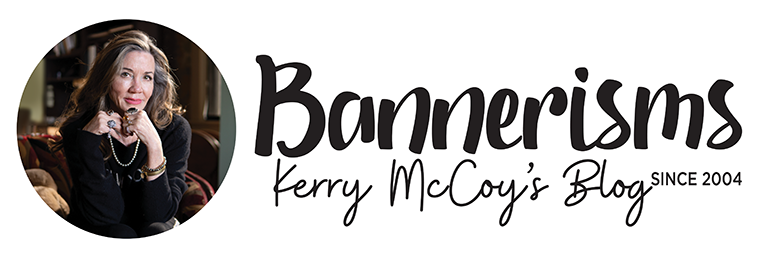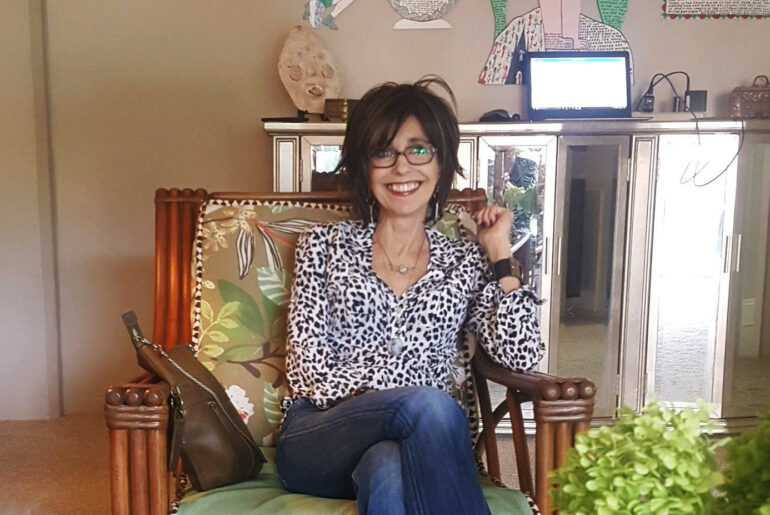A year or so ago, I lost a close friend to an illness that, if caught, could have been cured with early detection.
My friend was unique and fiercely independent; a single mother raising two children, a creative person with an artist’s laissez-faire sensibility, and she was beautiful. She was born in a time when unwanted pregnancies were begrudgingly carried to term, and adoptions were transacted by word of mouth from an un-wanting mother to a wanting mother; she was the love-child of someone she never knew.
This independent woman was also a private woman and the combination made it difficult for her to let anyone help, even when she took ill.
When I learned of her illness and before she died of colon cancer, I would plead with Sarah to let me do something for her. Occasionally, after one of her cancer treatments, she would allow me to drive her home from the hospital. During these drives home, she would nag me about getting a colonoscopy. And I would promise her I would.
The Colonoscopy: Everyone is Doing it
Since her passing, it seems like everybody I know has been sharing their recent colonoscopy experience with me. I began to view all this confessing to be a sign -maybe a nudge- from my late friend Sarah and so, in keeping with my promise, I took the first step and made an appointment.
The second step was a consultation. At this uncomfortable juncture, I spoke with a doctor about things I wouldn’t even tell my husband. This was when I learned about FODMAP: groundbreaking research from Monash University in Australia.
Discovering the FODMAP Diet
With all this talk about “gut health” and probiotics you would think we would all have heard about FODMAP. But when I asked around to my friends and co-workers nobody seems to know what I am talking about and often ask me to, “Spell it.”
FODMAP stands for Fermentable Oligo-, Di-, Mono-saccharides And Polyols. These are a group of short-chain carbohydrates that are poorly absorbed. In people with gastrointestinal symptoms, a diet high in FODMAPs can induce diarrhea and/or constipation, bloating, wind, and abdominal pain.
The FODMAP diet is so specific that I can’t intuitively group foods or even begin to guess about making correct meal choices. For instance, cabbage is a low FODMAP food but brussel sprouts are a high FODMAP food. Oranges are low, apples are high, apple cider vinegar is low but balsamic vinegar is high, and the list goes on. It is so counter-intuitive that I had to download an app for quick reference.
Many Blessings from a Single Promise
It seems that everyone today has some sort of dietary restriction or sensitivity. For years I’ve known that wheat in my diet creates inflammation and that dairy products can only be consumed occasionally, but I didn’t know why. The good doctor’s introduction to FODMAPs explains a lot about my digestion.
As for the last step in this uncomfortable but worthy processes, the colonoscopy, a reprieve has happened. The procedure had to be rescheduled because of the COVID-19 pandemic. But Sarah, if you’re listening, I will -sooner or later- keep my vow. And thank you for helping me unravel a health issue that has plagued me for years. Rest in Peace, good friend.















